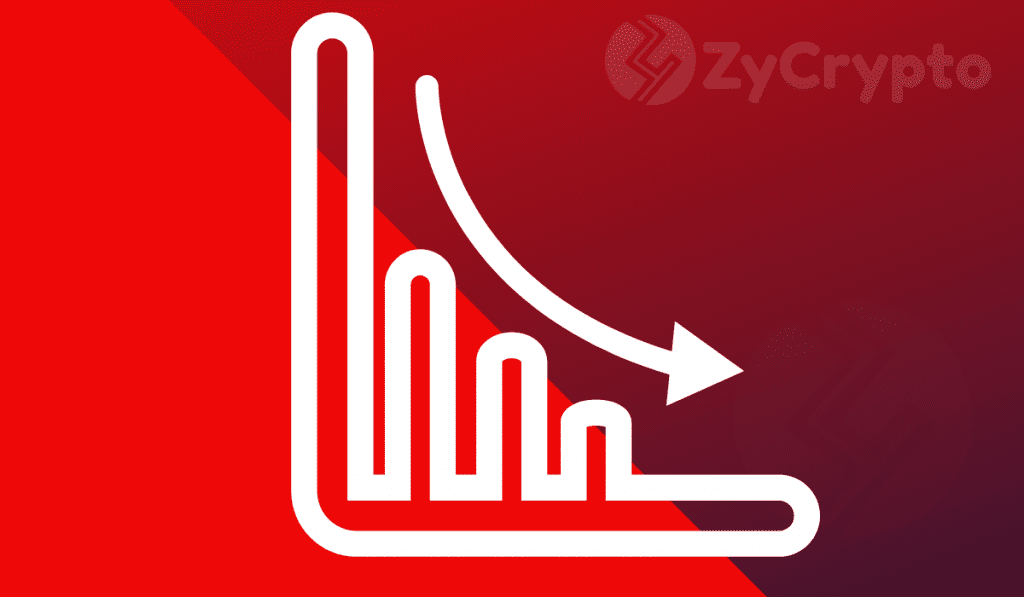The total daily volume across all cryptocurrency exchanges has been slowly been dropping since November 2021 and is now down 75% to around $70 billion according to data from CoinGecko. This decline is not so good for the crypto market as it signifies a corresponding sharp decline in interest for crypto by traders. This in turn means crypto prices might take time to recover from recent shakeouts.
Not surprising that the sharp decline in daily traded volume has coincided with multiple instances of price instability. The rest of the on-chain activity including the total market capitalization is also looking badly for top cryptocurrencies. It is generally signifying a domineering bearish trend for the near term future.
When crypto prices are less than impressive for a few days, short-term traders will try to sell and lock in profits. When it is impossible to sell the holdings with profit, most traders will certainly choose to hold their cryptocurrency in wallets for longer. The same is true when short-term traders are expecting a price pump in the near term. Based on on-chain analysts, the recent price corrections have resulted in most short-term traders being unable to sell, hence most of them are continuing to hold crypto at unrealized losses.
For Bitcoin, the current price trend has resulted partly because some investors – up to 219,000 addresses based on Glassnode analysts – have been emptying their wallets in the last 30 days to cash in on profits. Glassnode analysts yesterday released their weekly insight report saying Bitcoin is experiencing a sharp decline in demand on-chain. The total average daily exchange volume across top exchanges is down by a half to 273 million in three months and a total of 4.7 million BTC is underwater. The 4.7 million BTC is being held by both long and short-term holders at an unrealized loss, the analysts said. This will most likely carry a potential sell-side pressure for some time before prices can recover.
“However, despite the prevailing drawdown that has been in play for over three months, the underlying supply dynamics remain markedly more constructive than previous bears.”
 
 
Bitcoin bears are pulling stronger and the risk sentiments have increased in the last few days. An increase in potential selling pressure is supported by the rising daily average exchange inflows of 40,500 BTC. This is despite the seven-day average of 37,631 BTC remaining lower than the 30-day and 90-day inflow averages of 48,311 and 50,378 BTC respectively.
Currently, the price action remains below the 10 and 50-day moving averages. Some analysts project that the continued selling pressure could result in a retest of the January low of $32,932 per BTC. This could pave way for a further retracement to $28,860.
Hence, it is hard to see a bull market cycle returning in the near term unless it was sparked by geopolitical developments such as between Russia and Ukraine or perhaps an urgent Bitcoin spot ETF approval.


